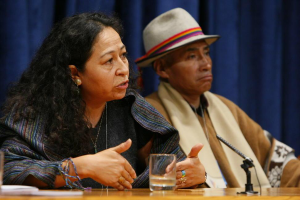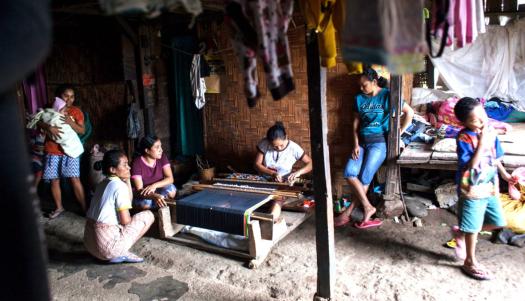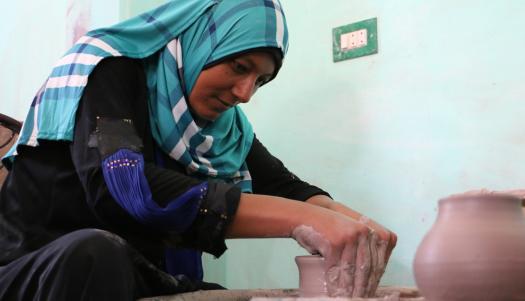
The experience of Latin American countries in the implementation of family policies is relatively recent. Compared to what has been achieved by most OECD countries in more than thirty years of designing, trying and evaluating policy instruments for families with children, the region is far behind. However, in recent years Latin America has been carrying out significant changes in the field of family policies. Also, academic research and public debate on policies for reducing poverty among families with children and for improving the balance between work and family is becoming stronger.
This paper systematizes the most salient aspects of the situation of Latin American and the Caribbean countries regarding family policies, with a clear purpose of contributing to a better understanding of what has been achieved in the last decade and, most importantly, what are the main challenges the region is facing. More specifically, the paper analyzes the main advances and limitations Latin America presents on the implementation of family‐ oriented anti‐poverty transfers including a detailed revision of the main results obtained so far. At the same time, it explores the situation of Latin American countries regarding policies that seek to improve the balance between work and family.
 Welcome to the United Nations
Welcome to the United Nations


